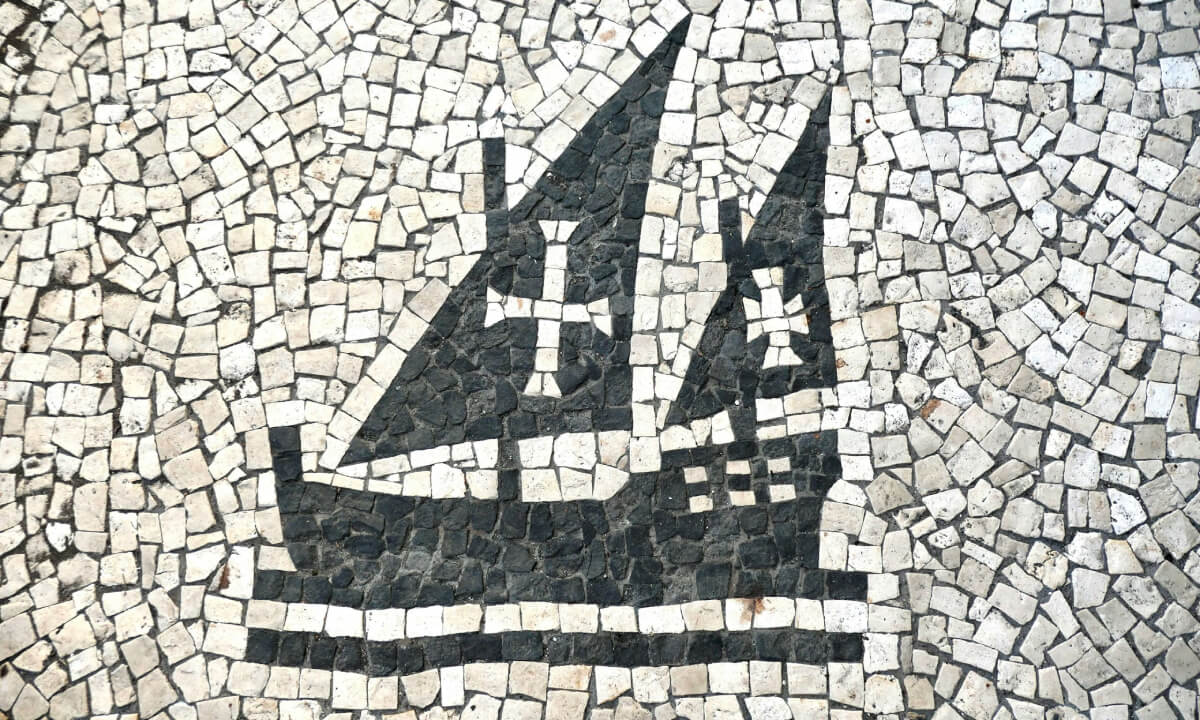The 2024 Budget Law has introduced a revamped tax incentive framework, referred to as NHR 2.0 or IFICI, replacing the previous NHR regime. Codified under Article 58-A of the Tax Benefits Statute, this updated system retains the 20% flat tax rate for eligible Portuguese-source income for a 10-year period. NHR 2.0 simplifies taxation for foreign-sourced income by exempting profits, dividends, interest, royalties, rents, and capital gains from tax. The only exceptions are foreign pensions and income originating from blacklisted territories, which remain taxable.
Ministerial Order 352/2024/1, published in late December 2023, provides detailed regulations for NHR 2.0, including application procedures, qualifying professions, and eligible industries. The provisions officially came into effect on January 1, 2024. Below is an in-depth look at the new regime and its implications.
Key Highlights of NHR 2.0
Application Process
Applicants must register for NHR 2.0 status by January 15 of the year following the year they gain tax residency in Portugal. For the year 2025, the deadline is extended to March 15, 2025.
Qualifying Professions
Ministerial Order 352/2024/1 specifies a list of high-value professions eligible under NHR 2.0, including:
- Corporate Directors: Board members, CEOs, executive managers, and directors of administrative, commercial, or production services.
- STEM Specialists: Experts in physical sciences, mathematics, engineering (excluding architects, urban planners, and designers).
- Industrial Designers: Professionals focused on product or equipment design.
- Healthcare Professionals: Doctors.
- Educators: University and higher education professors.
- ICT Specialists: Experts in information and communication technologies.
Eligibility Criteria for Professions
- Candidates must hold at least a Level 6 qualification under the European Qualifications Framework (Bachelor’s degree) and have three years of proven professional experience.
- Board members/directors in firms benefiting from qualifying investments (under RFAI) are eligible, provided the investment was made at the start of their tenure or within the preceding five years.
- Eligibility is determined in line with the Portuguese Classification of Professions and associated explanatory notes.
Economic Activities Eligible Under NHR 2.0
Certain industrial and service sectors qualify under NHR 2.0 based on economic activity codes (CAE). To be eligible, companies must export at least 50% of their turnover. Qualifying activities include:
- Extractive Industries (CAE sections 05–09).
- Manufacturing Industries (CAE sections 10–33).
- Information and Communication (CAE sections 58–63).
- Scientific R&D (CAE class 721).
- Higher Education (CAE subclass 85420).
- Healthcare Services (CAE subclasses 86100–86904).
Interpretation of CAE codes follows the CAE Revision 3 and accompanying notes.
Application Requirements for NHR 2.0
To register or amend their status under NHR 2.0, taxpayers must submit:
- A copy of their employment contract or scientific grant.
- An up-to-date company registration certificate.
- Proof of academic qualifications.
- An employer’s statement confirming compliance with NHR 2.0 eligibility requirements.
Verification Authorities
Applications will be evaluated by the appropriate authority based on the activity type:
- Tax Authority: For highly qualified professions in firms with qualifying investments or export-driven industries.
- Startup Portugal: For board members and employees in certified startups.
- AICEP: For roles in companies receiving tax benefits or contributing to productive investment.
- ANI and FCT: For research, development, and higher education roles.
Annual Confirmation
The tax authorities will confirm NHR 2.0 status by March 31 each year. Taxpayers must maintain proof of qualifying activities and income for any applicable years and present documentation when requested.
Notification of Changes
If there are changes to the initial application, such as a shift in activity or responsible authority, a new application must be submitted. Additionally, taxpayers must notify authorities of any cessation of activity by January 15 of the following year.
By integrating NHR 2.0 into the 2024 Budget Law, Portugal aims to attract high-value professionals and stimulate economic growth, ensuring simplicity and clarity in taxation for foreign-sourced and local income alike.
The information provided in this blog post, “Overview of Portugal’s New NHR 2.0 Regime” is for general informational purposes only and does not constitute legal, financial, or tax advice. While we aim to ensure the accuracy and timeliness of the content, tax laws and regulations in Portugal are subject to frequent changes, and interpretations may vary based on individual circumstances. Readers are advised to consult with our team, before making any decisions based on the information provided in this article. The content herein is not intended to create, and receipt of it does not constitute a client-professional relationship. We disclaim any liability for errors or omissions in this material and any actions made or decisions based on the information provided.
The founding of Madeira Corporate Services dates back to 1996. MCS started as a corporate service provider in the Madeira International Business Center and rapidly became a leading management company… Read more




